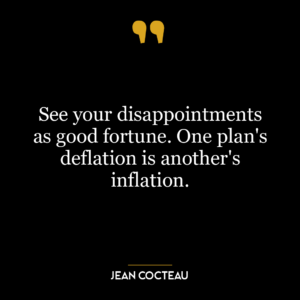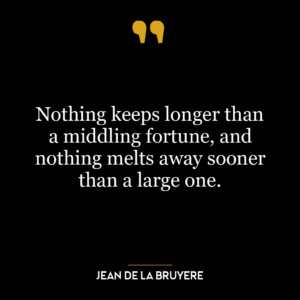Fortune dreads the brave, and is only terrible to the coward,” is a philosophical observation that underscores the power of courage and the crippling effect of fear. It suggests that fortune, or fate, is not an arbitrary force that strikes without reason, but rather, it responds to our attitudes and actions. The brave, those who face challenges head-on, who take risks, who dare to step outside their comfort zones, are less likely to be thwarted by fortune. They are prepared for adversity and thus, fortune “dreads” or respects them.
On the other hand, the coward, who avoids risks, who fears failure and change, is more likely to be victimized by fortune. They are unprepared for adversity and thus, fortune is “terrible” to them. This quote implies that our relationship with fortune is not passive but active, and we can influence our destiny through our courage or cowardice.
In today’s world, this idea is particularly relevant. We live in a time of rapid change and uncertainty, where the brave are often those who adapt and thrive. Whether it’s in business, technology, or personal development, those who are willing to take risks and face challenges are often the ones who succeed. For example, entrepreneurs who bravely invest in innovative ideas often reap significant rewards, while those who fear to take the risk may miss out on opportunities.
In terms of personal development, this quote encourages us to cultivate courage in the face of adversity. It suggests that personal growth comes from stepping outside our comfort zones, from daring to fail, and from facing our fears. Whether it’s learning a new skill, changing careers, or overcoming personal obstacles, bravery is key. The more we exercise courage, the less fortune has power over us, and the more we can shape our own destiny.









